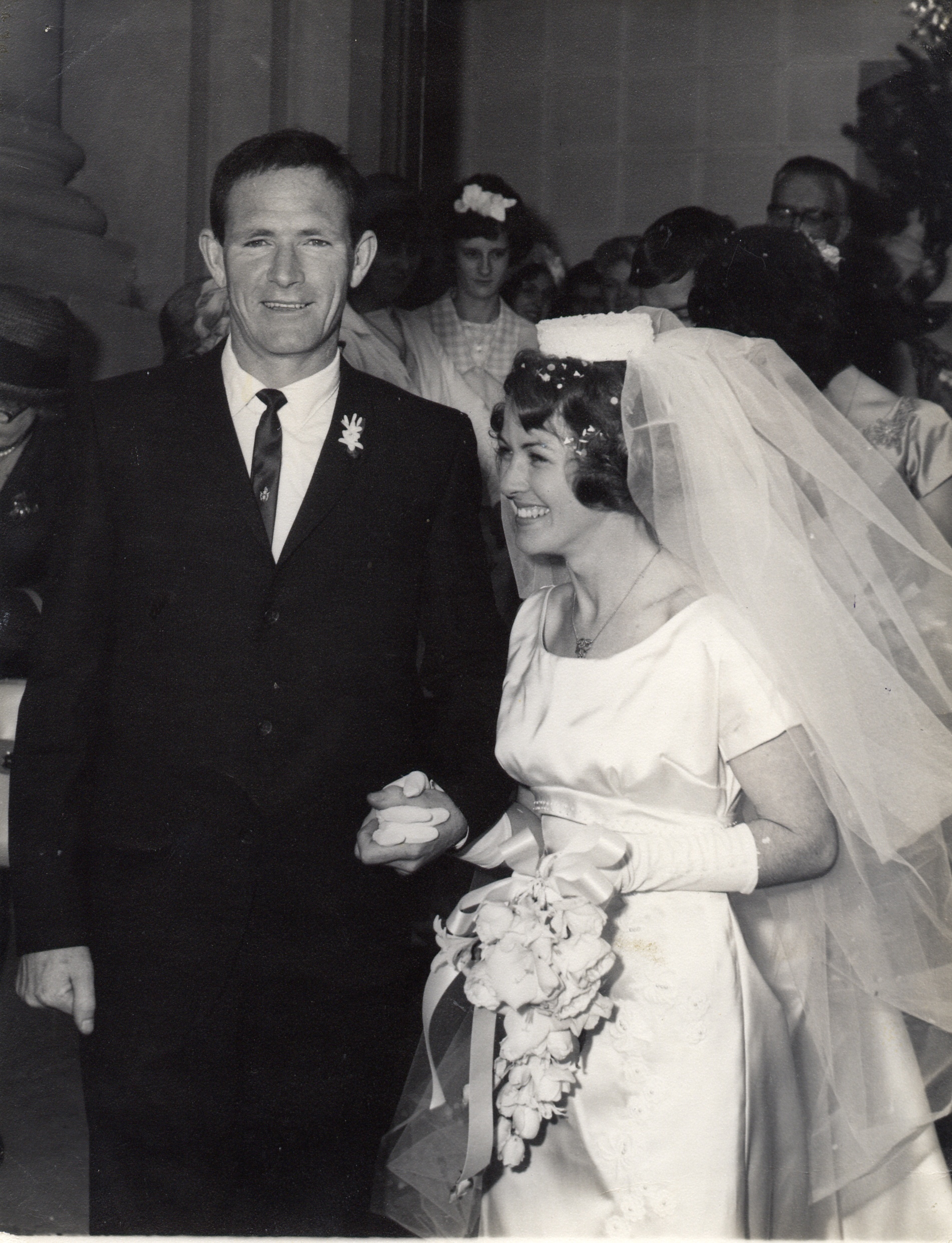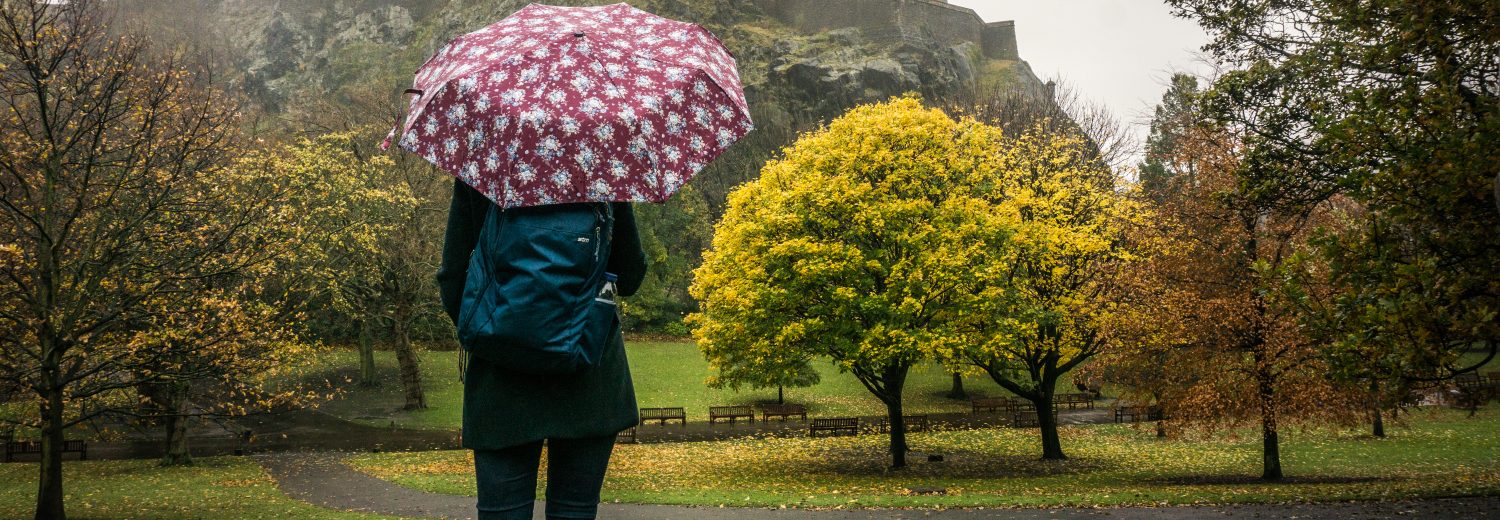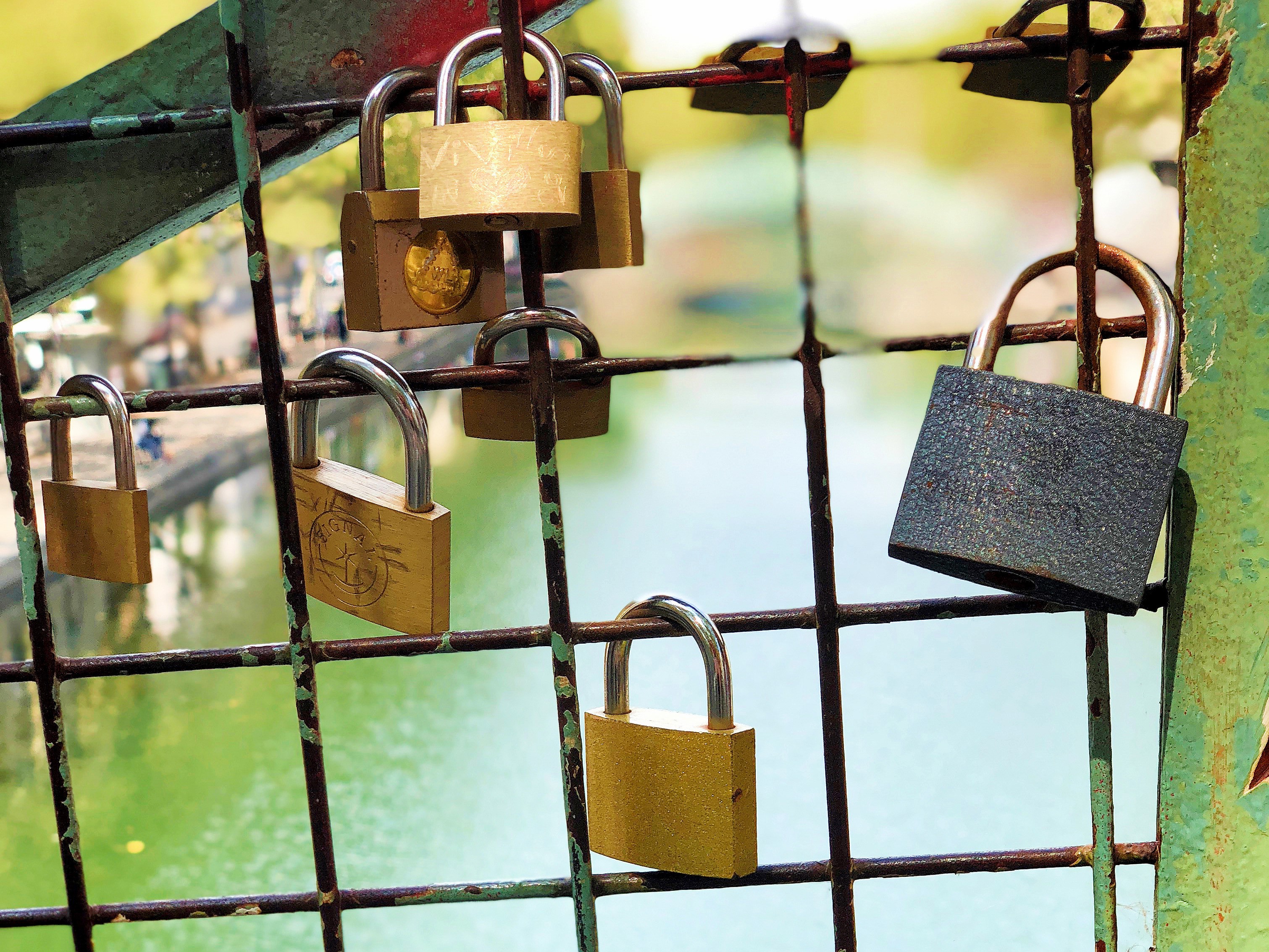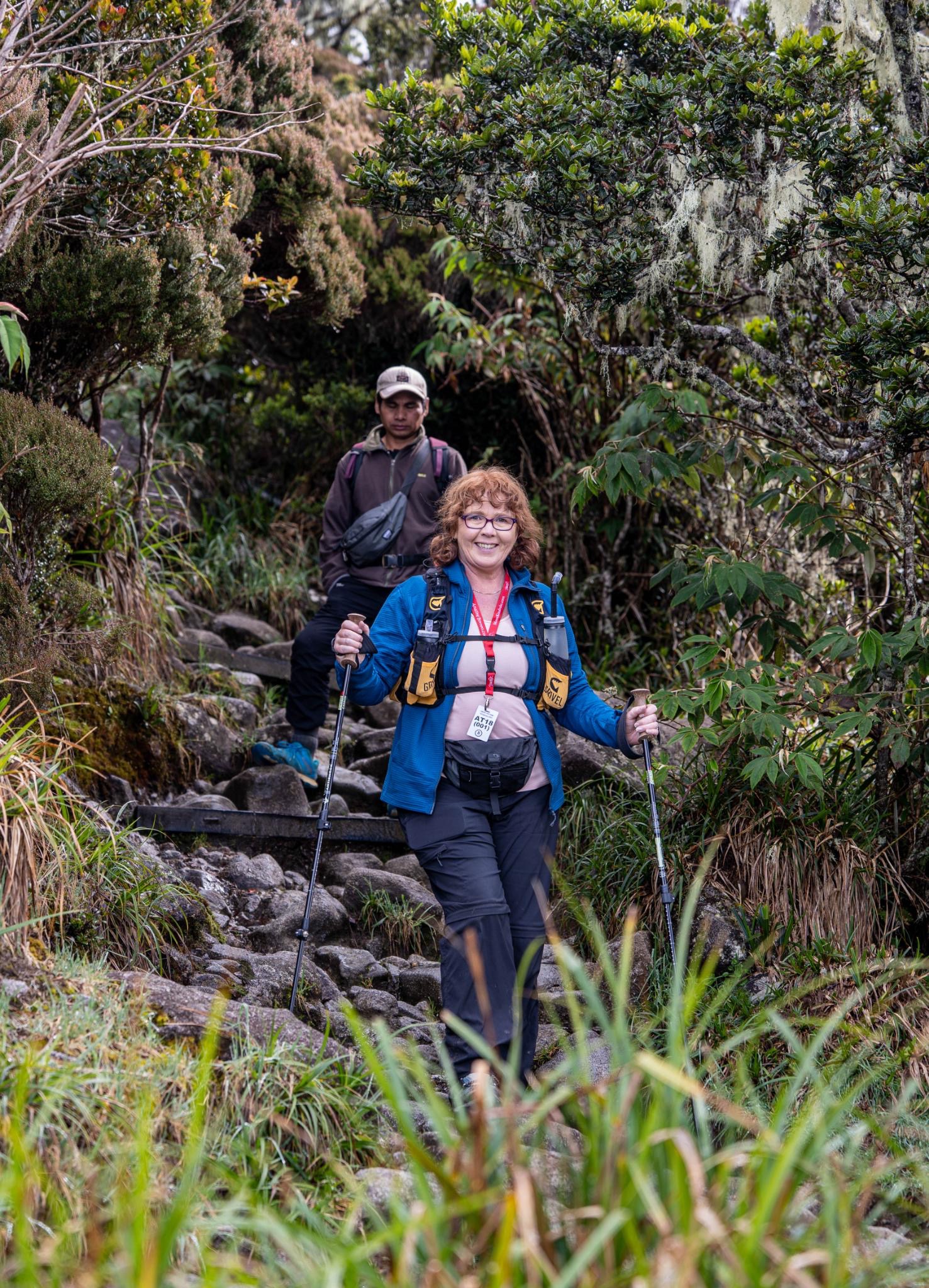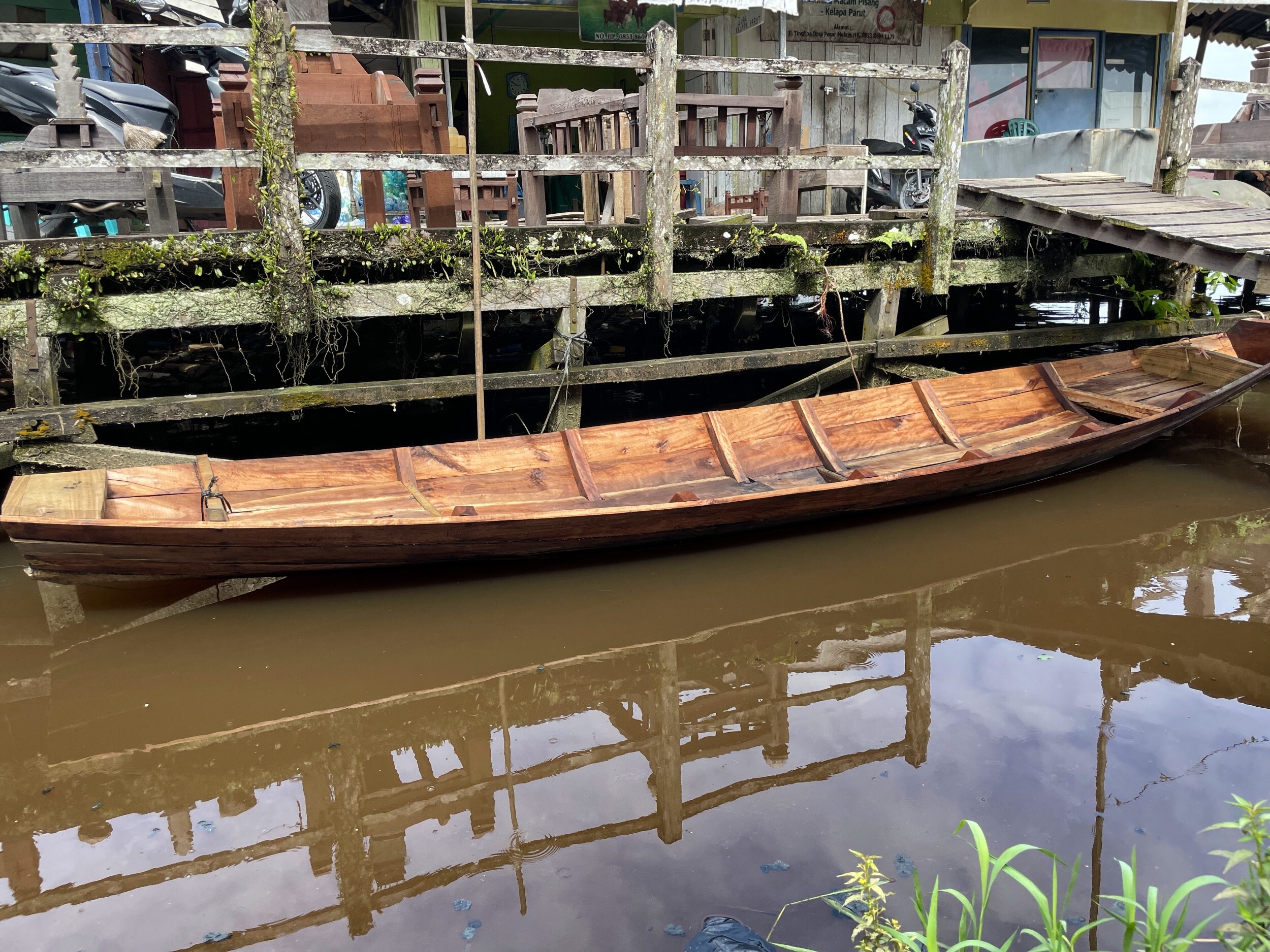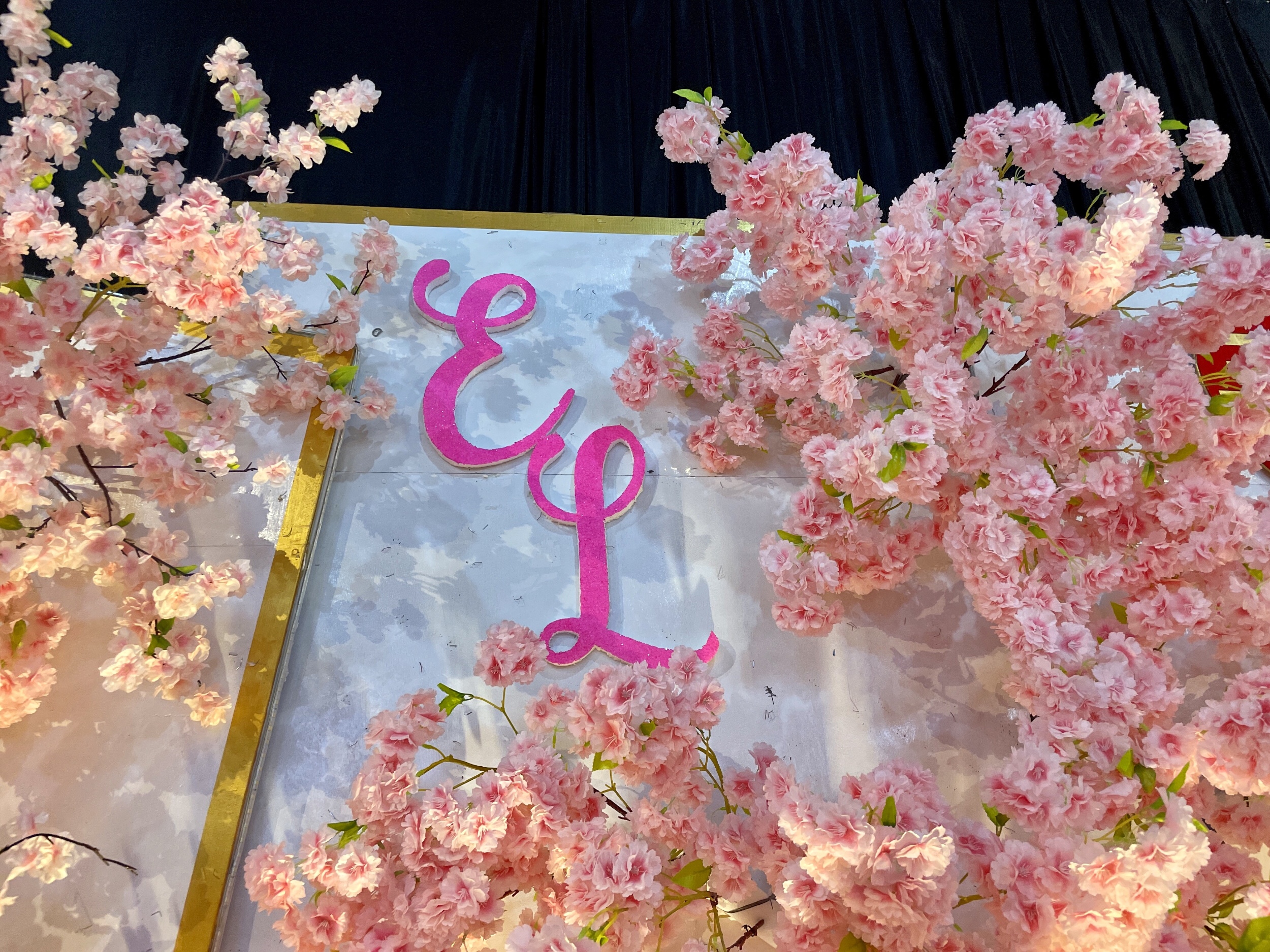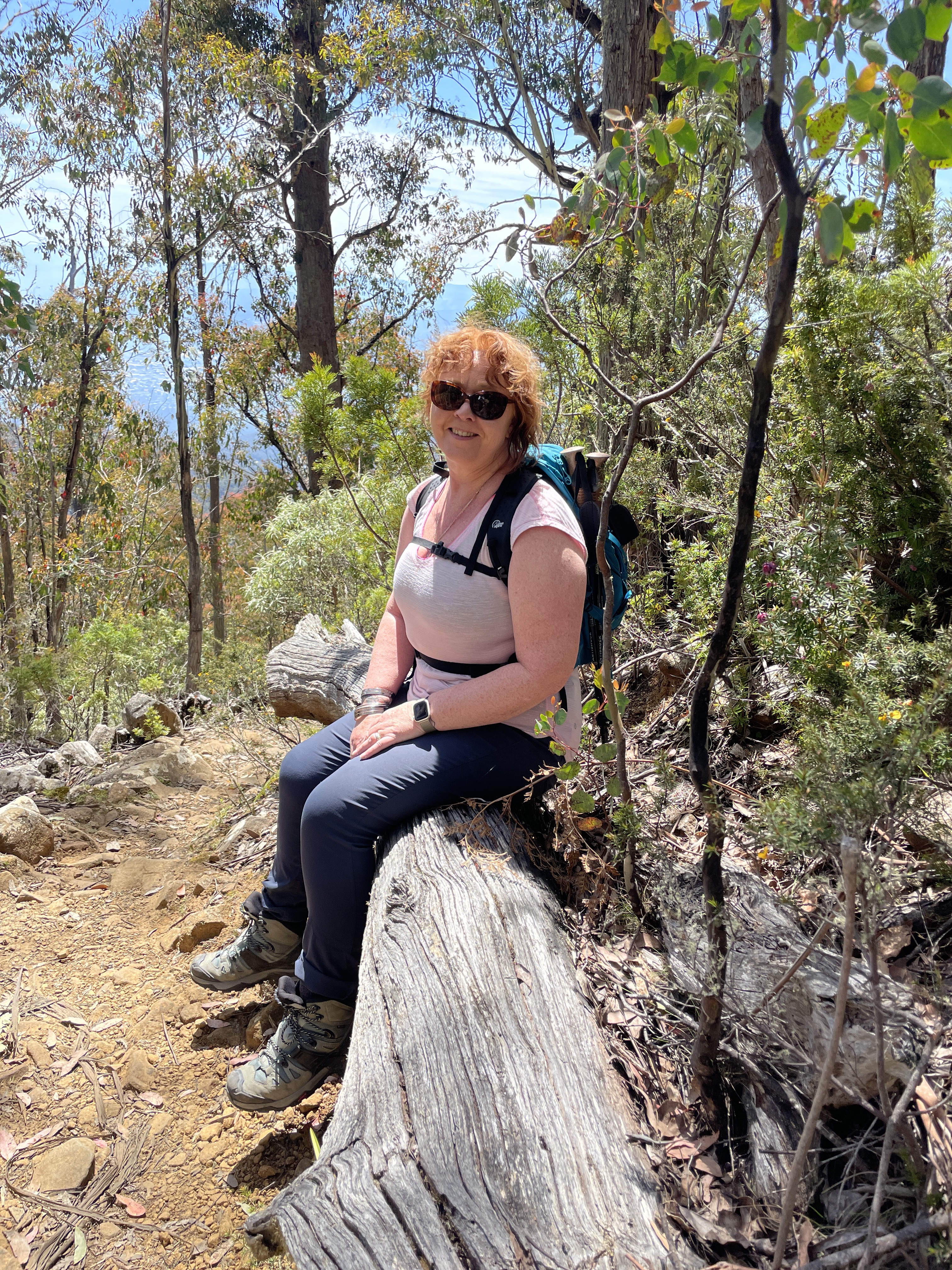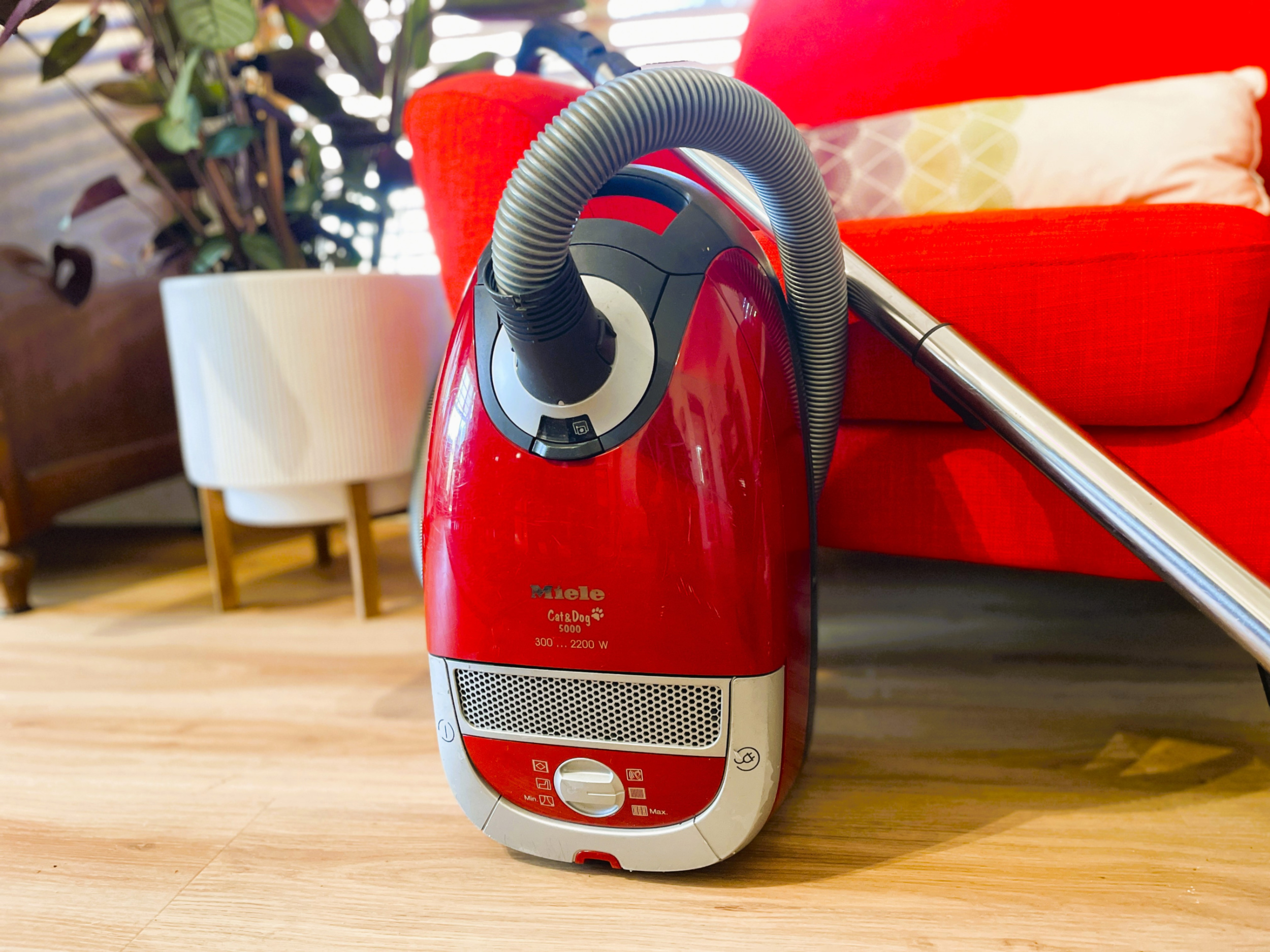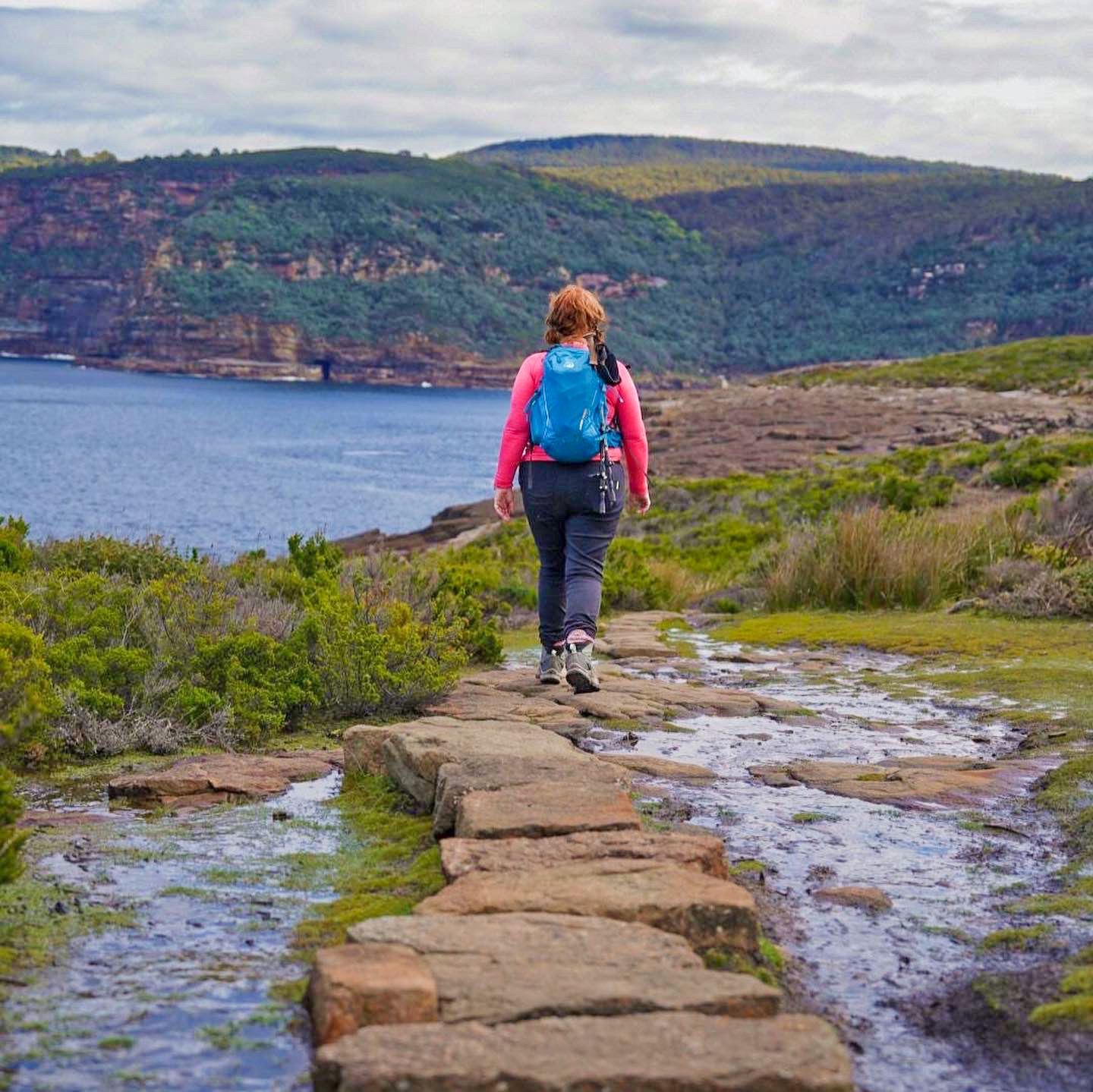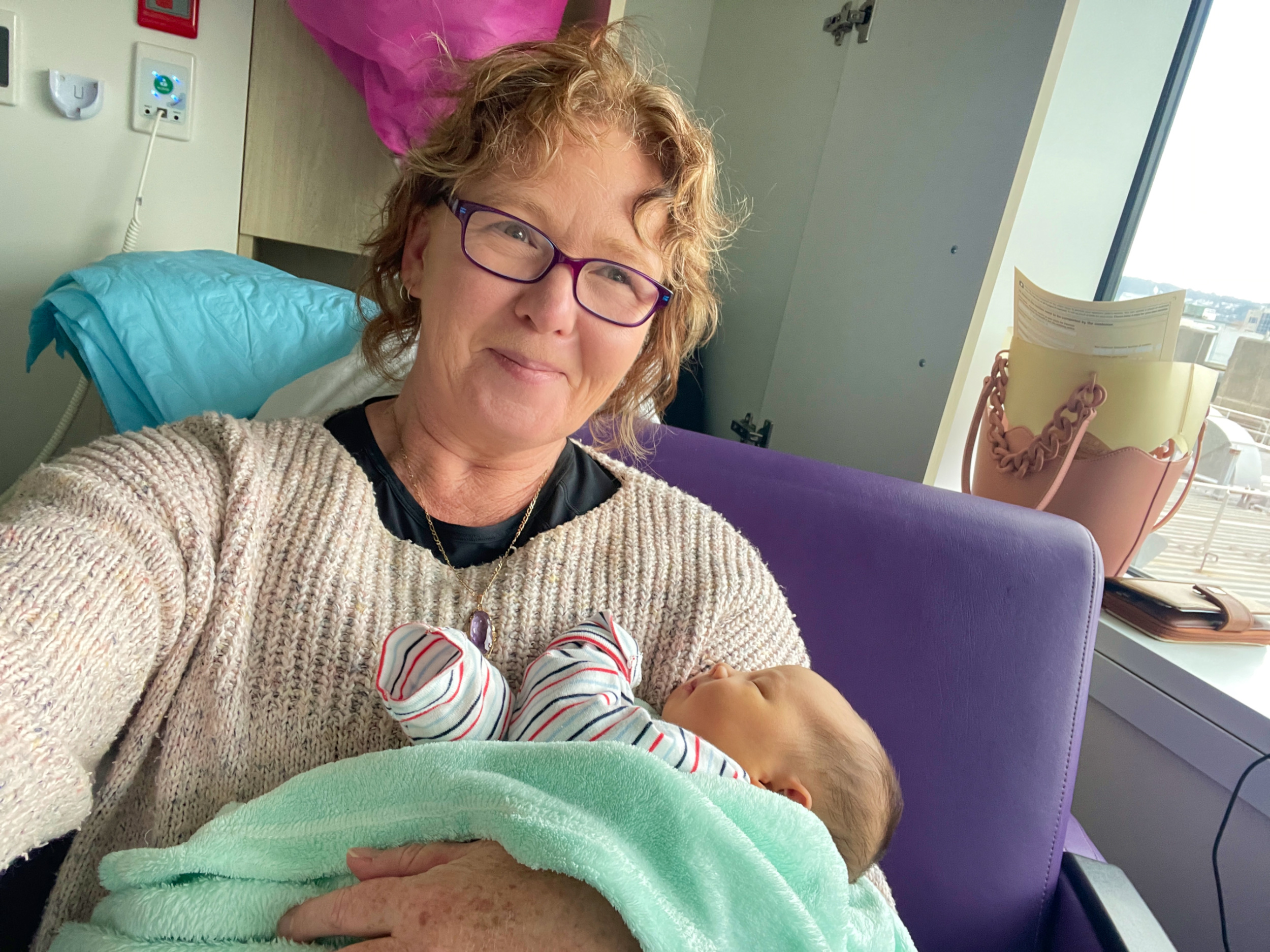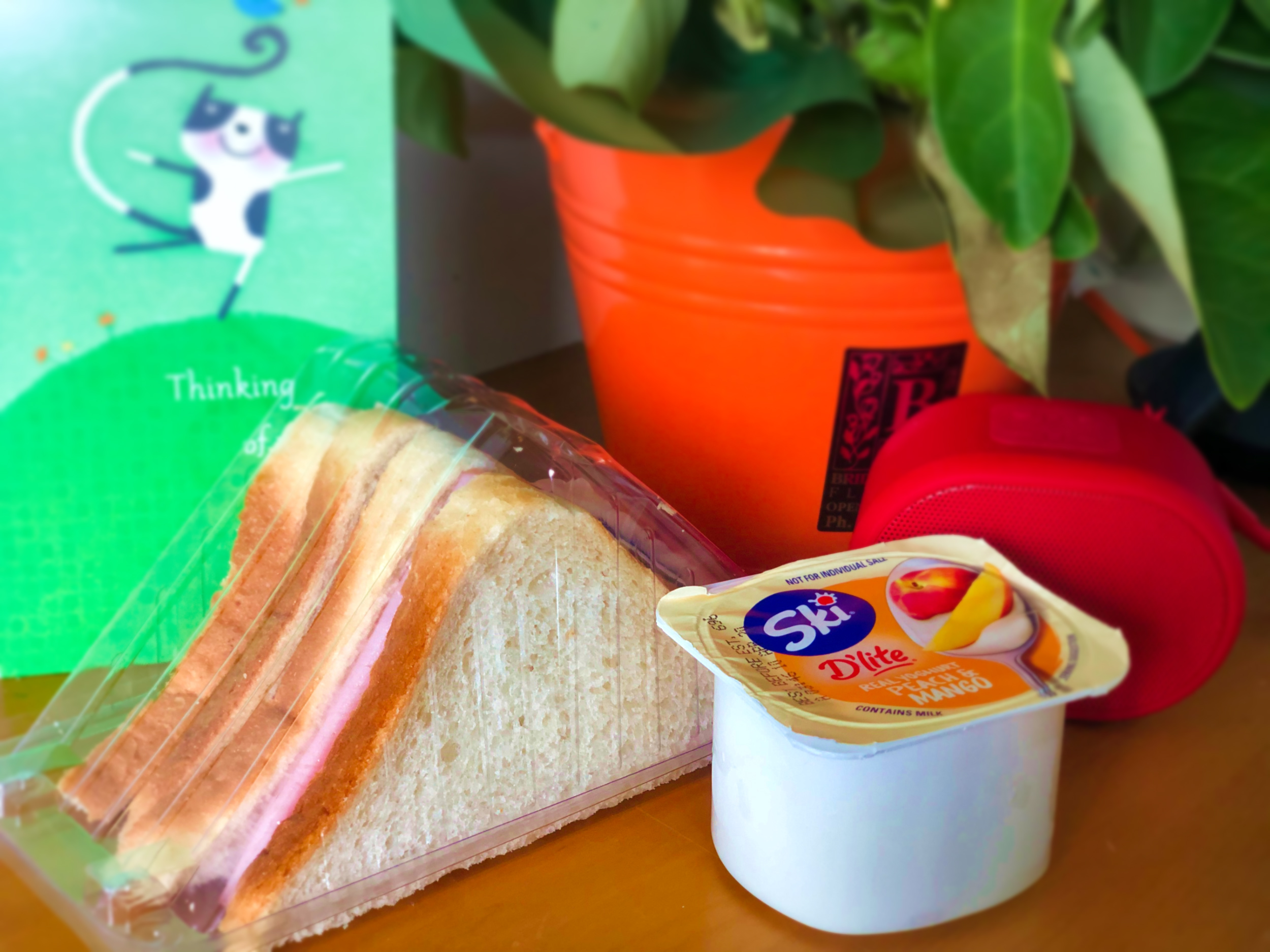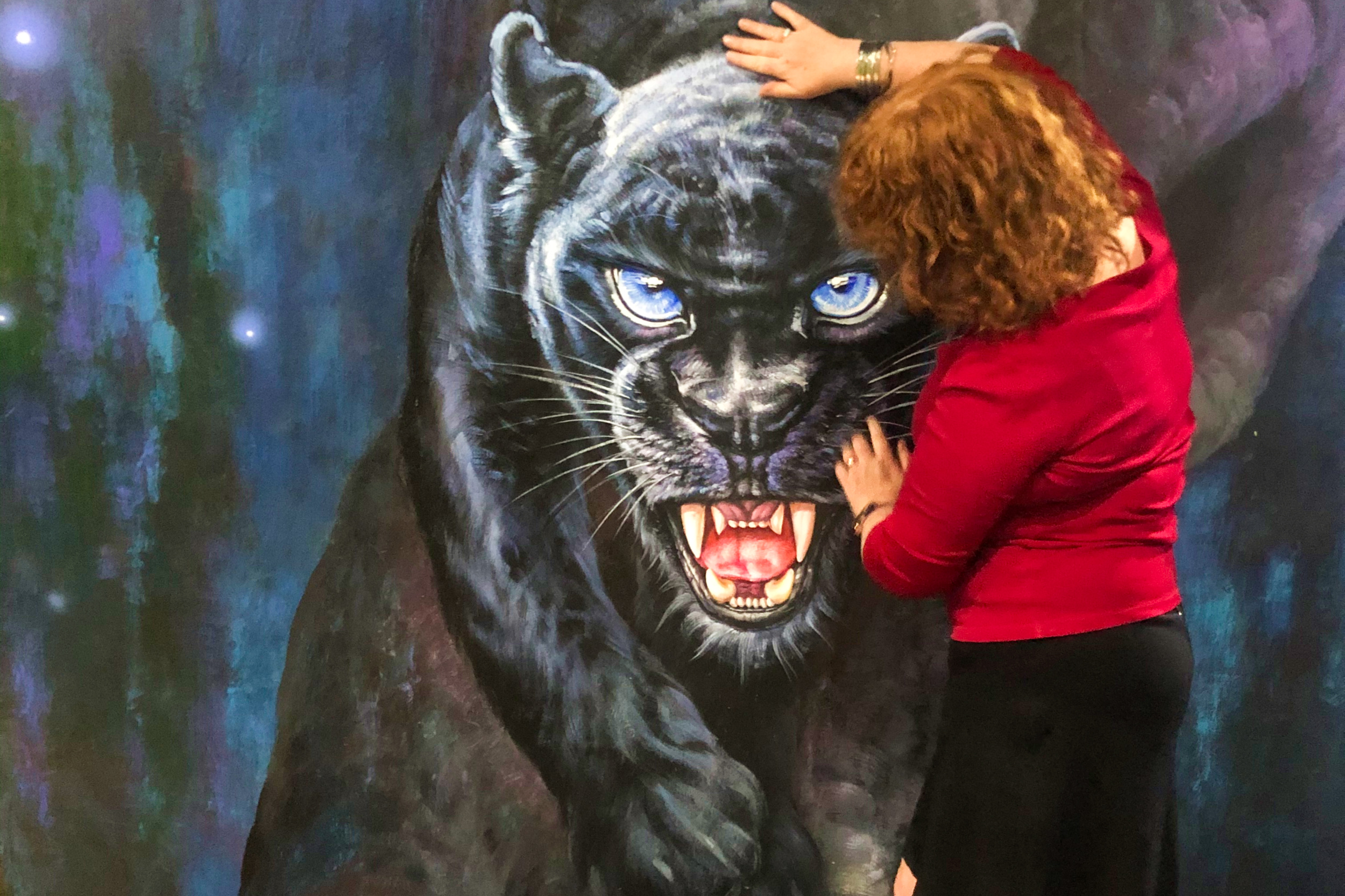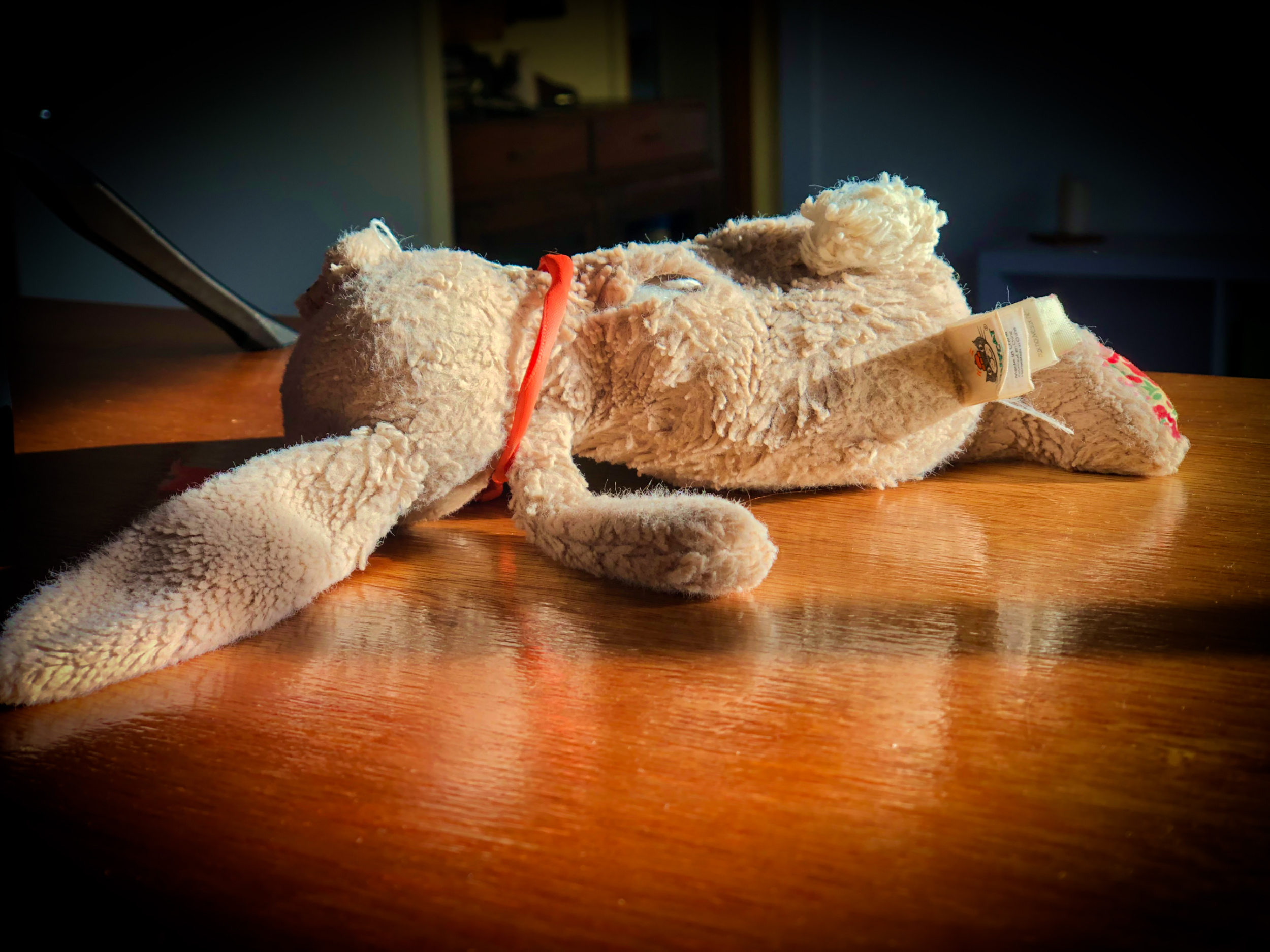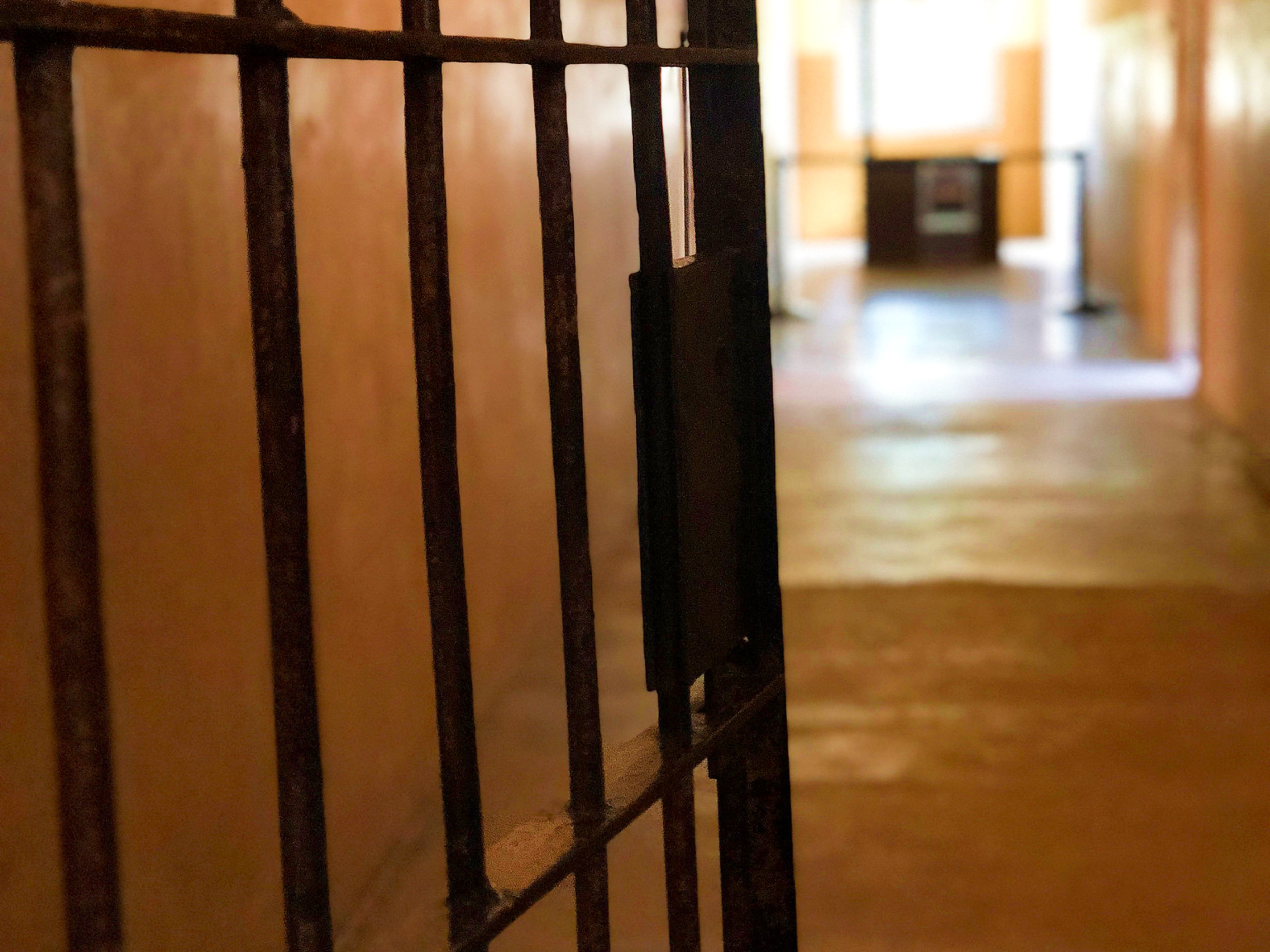HOW ARE YOU?
As I arise from my 37th sleep in a psychiatric facility, I’m reflecting on a discussion group I attended a few days ago. Aside from the fact I left completely and utterly drained, it was an eye-opening experience and I learned something. Even us old dogs can learn new stuff it would appear.
So – How are you?
Did you mentally respond, I’m fine? Or, Good. How are you?!
Like Pavlov’s dog, most of us respond with a conditioned answer. How are you, is so common our responses are automated. That’s fine for chit chat with the checkout chick, but when you’re with your nearest and dearest, when you have big emotions you’d love to share (or would benefit from sharing), it’s not helpful to reply with a conditioned, I’m fine. But what other options are there? Are you okay? is becoming popular, but it’s still not enough.
They’re closed questions – a single word will suffice for a polite response. Yes. No.
I have learned a new way. And I want to share it with you.
How’s your broken snowglobe today?
How would you respond to that? What about,
- What colour was your day?
- What animal are you today?
- What flavour ice-cream are you today?
- What’s in your jigsaw puzzle today?
- What song are you today?
Does it seem ridiculous? It sounds weird – I know. But try it. I’ve been practising with a friend and it’s amazing how much information it elicits. My friend is an artist, so, What colour was your day? works well. She knows colour, it’s meaningful to her. Her day was navy blue, almost like denim, stiff and inflexible and not full of the carefree colour and joy she hoped for when her eyes first opened in the morning. She had many plans that didn’t happen and the things she worked on didn’t go the way she wanted it. It was a navy blue day. It was a lot more information than, Okay. Which is the most likely response to, How was your day?
I struggle with colour – I picked daisy yellow, but I don’t know why and I can’t describe my day like that. But I can tell you what’s in my broken snowglobe. Today my broken snowglobe is arising from a deep, fulfilling sleep. Today my broken snowglobe has hope and rainbows in it – there’s no snow. It has sunshine and leafy trees with a pair of loved-up pigeons. Today my broken snowglobe feels full of possibilities. It’s 7:48 am so who knows what will be in the globe by the time I lay me down to sleep. But for now, my snowglobe feels good.
I landed in this hospital after an overdose. And a familiar response post-event was, Why didn’t you tell me? All I can say is that I couldn’t. I had no words left. I held on as long as I possibly could. As the staff remind me here on a regular basis, I was – and still am – extremely ill. A rational response was far beyond my capacity to a conditioned response question, How are you? or Are you okay? I responded with, Not good and No for many weeks, but still – it’s a closed question and doesn’t elicit more information. Many people prayed for me, for extended periods of time, and for that, I am very grateful. Perhaps by the grace of God that is why I’m still here. With more heartbeats to beat, more breaths to breathe and more work to do.
I know I’ve said this before, on multiple occasions, but if someone you know is really struggling with depression – or you suspect that is the case – the important question is, Are you safe? There is, of course, no guarantee anyone will respond with an honest answer, but the opportunity is there. It’s still a closed question – Yes or No, but if you’re worried, it gives a clear indication that intervention may be required.
Failing that, What’s in your broken snowglobe today? Is more fun, generates conversation and forces the questionee to really think. What is in my broken snowglobe today?
I’m sure there are a million open questions we could come up with that ask, How are you? in a fresh way, that generates honest conversation based on facts and feelings from the day that has been. Where are you on the rollercoaster today? Which room in the house are you today? What cookie are you today?
Many of us struggling with mental health issues have learned coping strategies to familiar situations. The coping strategies may be maladaptive, but they’re still coping strategies we automatically revert to when life gets miserable for whatever reason. My coping strategies are to stop eating and stop talking. They’re learned behaviours. Clearly I need to unlearn them, but unlearning is much more difficult and takes a lot longer. In the meantime, breaking the pattern of asking old questions, breaks the pattern of learned behaviours. Nobody asked me about broken snowglobes when I was growing up – I don’t have a conditioned coping strategy. I can talk freely in a way that I cannot – at this point in time – do with a familiar question like, Do you want to talk?
Do I want to talk? Yes. I want to tell you my soul is being torn to shreds and the emotional pain of taking one more breath is more than I can possibly cope with right now. I want to tell you that every moment of every day, I want it to end. That I function minute by minute with no sight or reprieve in front of me. I want to tell you I can’t do it any more. I want to tell you I need help but I don’t know what that help is or where to go or if help is even a possibility.
Do you want to talk?
I shake my head. No. I have no words.

